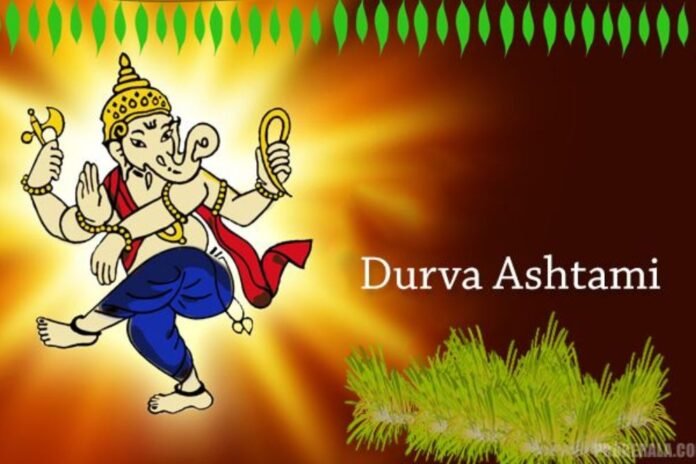Ganesh Chaturthi 2024: Ganesh Utsav is being celebrated with great pomp across the country. This festival, which started on 7th September, will be celebrated with great pomp for 10 days. The important fast of Durvashtami also falls in these 10 days. According to the Panchang, Durvashtami fast is observed 4 days after Ganesh Chaturthi, on the eighth day of Shukla Paksha of Bhadrapada month. This time the fast of Durvashtami will be on 11th September. On this day, there is a tradition of offering Durva to Lord Ganesha. It is believed that by worshipping Ganeshji with Durva on this day, all kinds of troubles are removed and wishes are also fulfilled. There is a story related to this in the Puranas as well. In which Durva was offered to Ganeshji after killing the demon and this tradition has been going on since then. (Ganesh Chaturthi 2024)
also read: Rahul targets the government
Why do we offer Durva to Lord Ganesha?
Durva or Doob is a type of grass. According to the belief, this grass is very dear to Lord Ganesha. Small bundles of it are offered in the worship of Lord Ganesha. According to the mythological story, Lord Ganesha swallowed a demon named Analasur to protect the gods. After swallowing the demon Analasur, Lord Ganesha started having a burning sensation in his stomach. Then Rishi Krishyap gave Durva to Lord Ganesha to eat. After eating Durva, Lord Ganesha’s stomach burning was cured. Since then, there is a tradition of offering Durva in the worship of Lord Ganesha.
Durva is auspicious in any auspicious work
Durva is an important part of religious rituals and auspicious functions of Hinduism. It is especially used in the worship of Lord Shri Ganesha, as this grass is very dear to him. According to Hindu traditions, any worship or auspicious work like Grihapravesh, Mundan, Marriage etc. is considered incomplete without Durva. There is a special ritual of offering Durva in Tantra Shastra, in which there is a mention of offering two, three or five Durva to Lord Ganesha.

